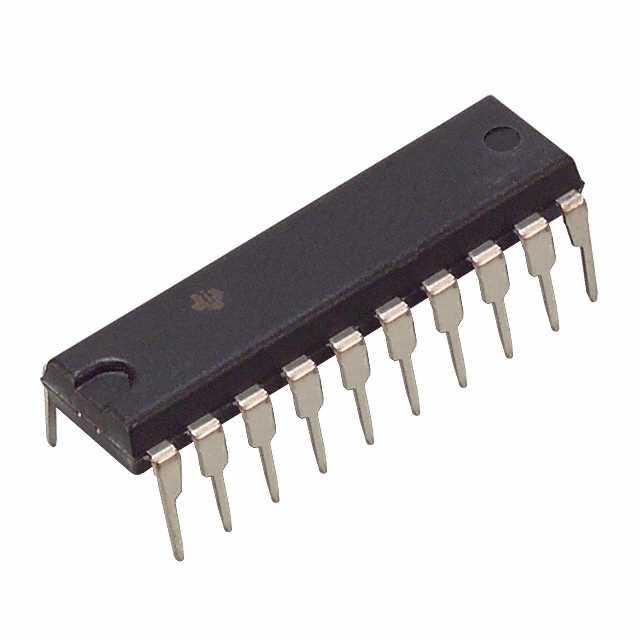CD74HCT374EG4
Manufacturer No:
CD74HCT374EG4
Manufacturer:
Description:
IC FF D-TYPE SNGL 8BIT 20DIP
Datasheet:
Delivery:





Payment:




In Stock : 0
Please send RFQ , we will respond immediately.









CD74HCT374EG4 Specifications
-
TypeParameter
-
Package / Case20-DIP (0.300", 7.62mm)
-
Supplier Device Package20-PDIP
-
Mounting TypeThrough Hole
-
Operating Temperature-55°C ~ 125°C (TA)
-
Input Capacitance10 pF
-
Current - Quiescent (Iq)8 µA
-
Voltage - Supply4.5V ~ 5.5V
-
Current - Output High, Low6mA, 6mA
-
Trigger TypePositive Edge
-
Max Propagation Delay @ V, Max CL33ns @ 4.5V, 50pF
-
Clock Frequency60 MHz
-
Number of Bits per Element8
-
Number of Elements1
-
Output TypeTri-State, Non-Inverted
-
TypeD-Type
-
FunctionStandard
-
PackagingTube
-
Product StatusDiscontinued at Digi-Key
-
Series74HCT
The CD74HCT374EG4 is a specific integrated circuit (IC) chip that belongs to the HCT family of high-speed CMOS logic devices. While I don't have access to the specific datasheet for this chip, I can provide you with some general information about the advantages and application scenarios of HCT IC chips.Advantages of HCT IC chips: 1. High-speed operation: HCT chips are known for their fast switching speeds, making them suitable for applications that require quick response times. 2. Compatibility: HCT chips are designed to be compatible with TTL (Transistor-Transistor Logic) inputs and outputs, allowing for easy integration with existing TTL-based systems. 3. Low power consumption: HCT chips typically consume less power compared to other logic families, making them energy-efficient.Application scenarios of HCT IC chips: 1. Digital logic circuits: HCT chips can be used in various digital logic applications, such as counters, registers, multiplexers, and flip-flops. 2. Data communication: HCT chips can be employed in data communication systems, including UART (Universal Asynchronous Receiver-Transmitter) interfaces, serial-to-parallel converters, and parallel-to-serial converters. 3. Microcontrollers and microprocessors: HCT chips can be utilized in microcontroller and microprocessor-based systems to interface with external devices, such as memory modules, input/output (I/O) devices, and peripheral components. 4. Automotive electronics: HCT chips are often used in automotive applications, such as in-vehicle networks, dashboard displays, and control systems.It's important to consult the specific datasheet and documentation for the CD74HCT374EG4 chip to understand its precise features, pin configuration, and recommended applications.
CD74HCT374EG4 Relevant information







